Martin Shkreli painted himself as a transformative figure in esports.
The millionaire pharmaceutical CEO, who became one of the most infamous corporate leaders in America after jacking up the price of a life-saving AIDS drug, created an amateur team in the most popular game on the planet, League of Legends, in May of last year. Shkreli, like most entrepreneurs entering the booming competitive gaming industry, saw a chance for a small investment to pay off big.
Two of Shkreli’s former team managers and several of his former players and analysts, however, allege that they are owed nearly $75,000 for their time playing or working for Shkreli’s teams.
Amateur League of Legends teams, like Shkreli’s, can compete to qualify for premier level competition in North America or Europe and, from there, have a shot at the game’s world championships. Last year, 36 million people from around the world watched that month-long spectacle, which culminated in a finals match at a former World Cup stadium in Berlin. Successful teams can sign lucrative sponsorship deals with big-name brands, but the real temptation in esports lies in its potential: The industry is expected to make $500 million in 2016 and as much as $1 billion in 2017, according to reports from Deloitte and Newzoo, respectively.
When Shkreli founded the team, which he called Odyssey Gaming, he was under investigation by the FBI for securities fraud. But he described his new venture as a step forward for esports, “a tremendous opportunity to change the landscape of competitive gaming as we know it.”
“By providing stable and sustainable employment for world-class gamers,” Shkreli wrote at the time, “we hope to set the industry standard for the relationship between team members and the companies they partner with.”
Within months, however, Shkreli’s new standard would be sadly familiar to a young industry that’s long been attractive to youthful, wealthy investors with poor business sense and questionable ethics.
From the start, in fact, esports proved much more difficult to crack than Shkreli evidently imagined. It takes more than just deep pocketbooks to make a mark in League of Legends. The scene is intensely competitive. Top gamers practice for 10 hours and more each day. They live together in gaming houses and are coached by full-time professionals. They’re run by increasingly wealthy and highly specialized organizations with sponsorships from major international corporations like HTC and Intel.
Shkreli’s team failed to qualify in its first run, not even reaching the League Challenger Series, essentially the farm league one tier below the pros. Not deterred, Shkreli bought into another organization, Maelstrom Gaming, that already had a team in the Challenger Series. The two teams merged, with Shkreli taking over as Maelstrom’s chairman. He also brought along his former coach for Odyssey Gaming, a well-known League of Legends player and coach named Rohit “CurryshotGG” Nathani.
That team ultimately failed to qualify for the League Championship Series (LCS), the game’s highest competitive level in North America and Europe. And according to Nathani’s lawyer, Maelstrom Gaming owes Nathani $35,000 for his time with the team.
Roger Quiles, Nathani’s lawyer, told the Daily Dot that his team is “currently considering all of our legal options” to hold Shkreli and Maelstrom Gaming accountable for the missing payments. “It is incredibly unfortunate that despite the esports industry’s growth in the past few years, people like Rohit are continually not paid by their teams,” he said. “Such unlawful behavior is unacceptable.”
Maelstrom Gaming declined to comment on this story.
Long before the failure of his American teams, however, Shkreli had turned his attention to the European scene, which has its own LCS and a competitive infrastructure that mirrors North America. In March 2015, he reached out to Ali “Alicus” Saba, a former esports journalist with strong ties to the European League of Legends scene, and asked him to build a team that could qualify for the European Challenger Series.
That team, Ex Nihilo, ultimately failed to advance. But that didn’t necessarily keep it out of the Challenger Series. Using a loophole in the competition’s rules, Ex Nihilo was essentially able to buy out another team and qualify in its place.
Riot Games, League of Legends’ developer and the manager of the game’s competitive scene, prohibits teams from staying in the league if more than two people on a team’s five-person lineup changes before the season starts. Called the “three-fifths rule,” it’s intended to ensure the players who qualified are rewarded for their play, and not kicked off and replaced with veterans. So Ex Nihilo bought out the contracts of three players from another team, the Copenhagen Wolves Academy players, thereby making them ineligible. And in its place, Ex Nihilo qualified for the second-highest tier of League competition in Europe.
But it didn’t matter. The team had a terrible run, finishing at the bottom. One of Shkreli’s League of Legends teams had once again come up short. And once again, he allegedly failed to pay his colleagues in the endeavor.
Saba says that Shkreli owes him $27,000 for Ex Nihilo’s bills.
“When he first offered me to spearhead his esports project,” Saba told the Daily Dot, “I was happy to pursue the opportunity, expecting to develop as a human and a professional from the experience. Unfortunately, I quickly realized this was not the case. Martin does not understand the concept of responsibility, nor does he respect formal agreements.”
Shkreli also allegedly owes several of the former Ex Nihilo players and analysts money, Andy “Crazycaps” Walda ($4,500), Dan “Dan” Lünswilken ($4,000), Alexander “veleten” Olefirenko ($2,500) and Rytis “Ritix” Lekstutis ($410)—values that each person confirmed to the Daily Dot.
Shkreli did not respond to multiple messages and phone calls requesting comment on this story.
Shkreli is hardly the first investor to leave esports in a rush, missing payments in the process. Sascha Ackerman, a German businessman whose company founded and funded Supa Hot Crew, a former LCS team, in 2014, left his team empty-handed on his way out. Those players are owed roughly €10,000 ($10,936 U.S.) each.
Pursuing legal action in esports is relatively uncommon, according to Bryce Blum, a U.S.-based lawyer who specializes in competitive gaming.
“Litigation is both extremely expensive and time consuming,” Blum said. “This is why we don’t see lawsuits very often in esports yet—most disputes don’t have a large enough amount in controversy to justify filing suit.”
There are times, however, “when litigation is the only available avenue of recourse,” Blum said. Namely, when you’re owed a lot of money and have no other choice.
Potential lawsuits over his time in esports are likely the least of Shkreli’s concerns. He’s got the United States government to fight in court—and rapper Ghostface Killah to fight on Twitter.
Federal prosecutors allege Shkreli buoyed a collapsed hedge fund—and paid off some private debt—with stock he took from from a firm he founded in 2011, an arrangement that the New York Times described as a “quasi Ponzi-scheme.”
Through a representative, Shkreli has denied the charges, telling Reuters that Shkreli “is confident that he will be cleared of all charges,” and claiming the arrest was predicated on “complex accounting matters” that the relevant government authorities “fail to understand.” His trial is set to begin on Feb. 3.


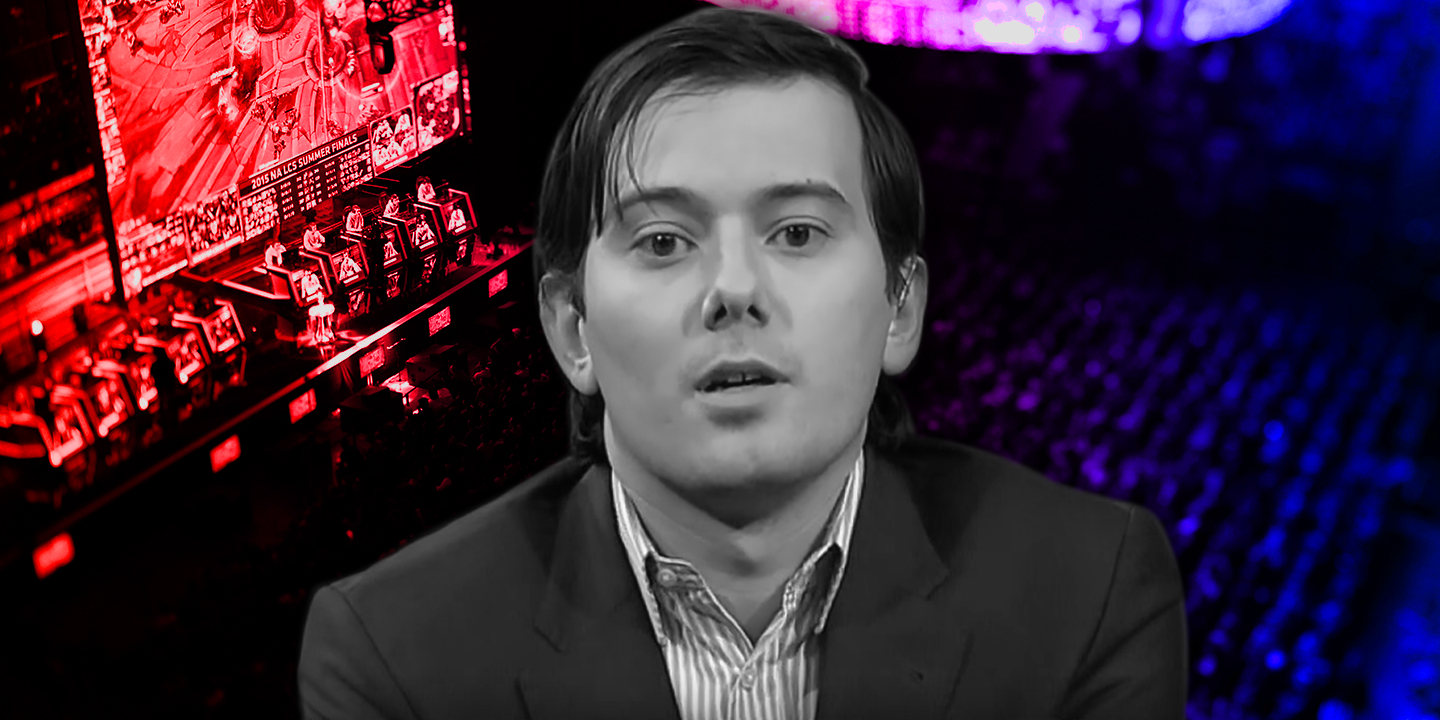
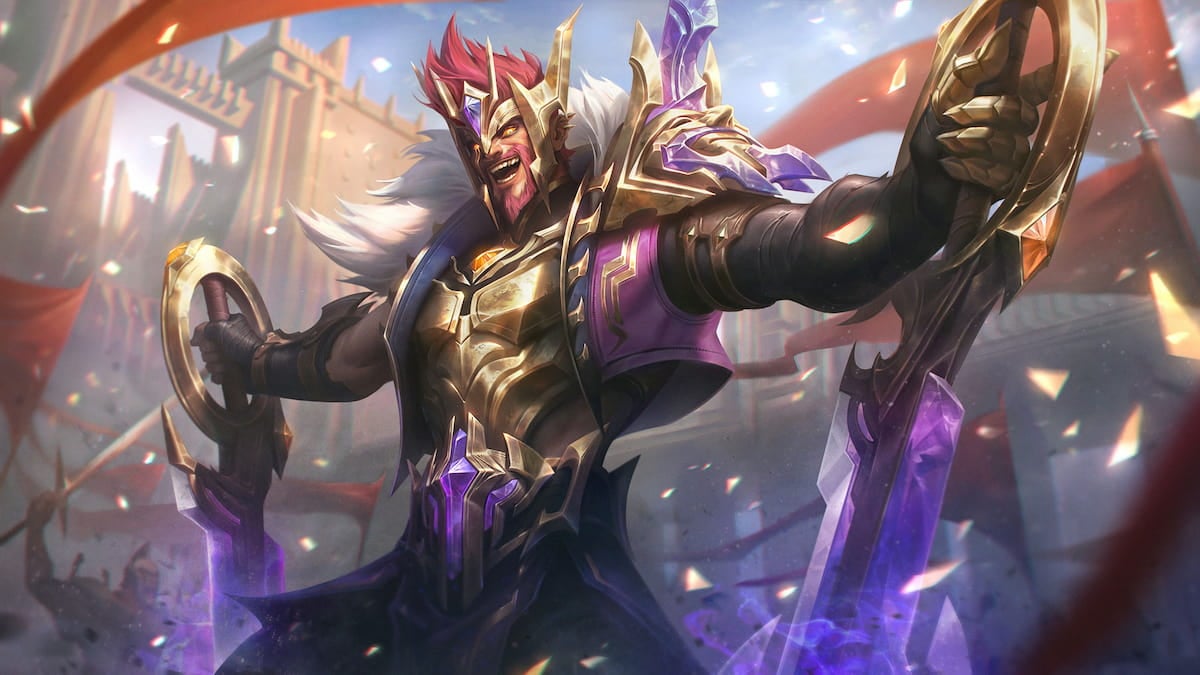
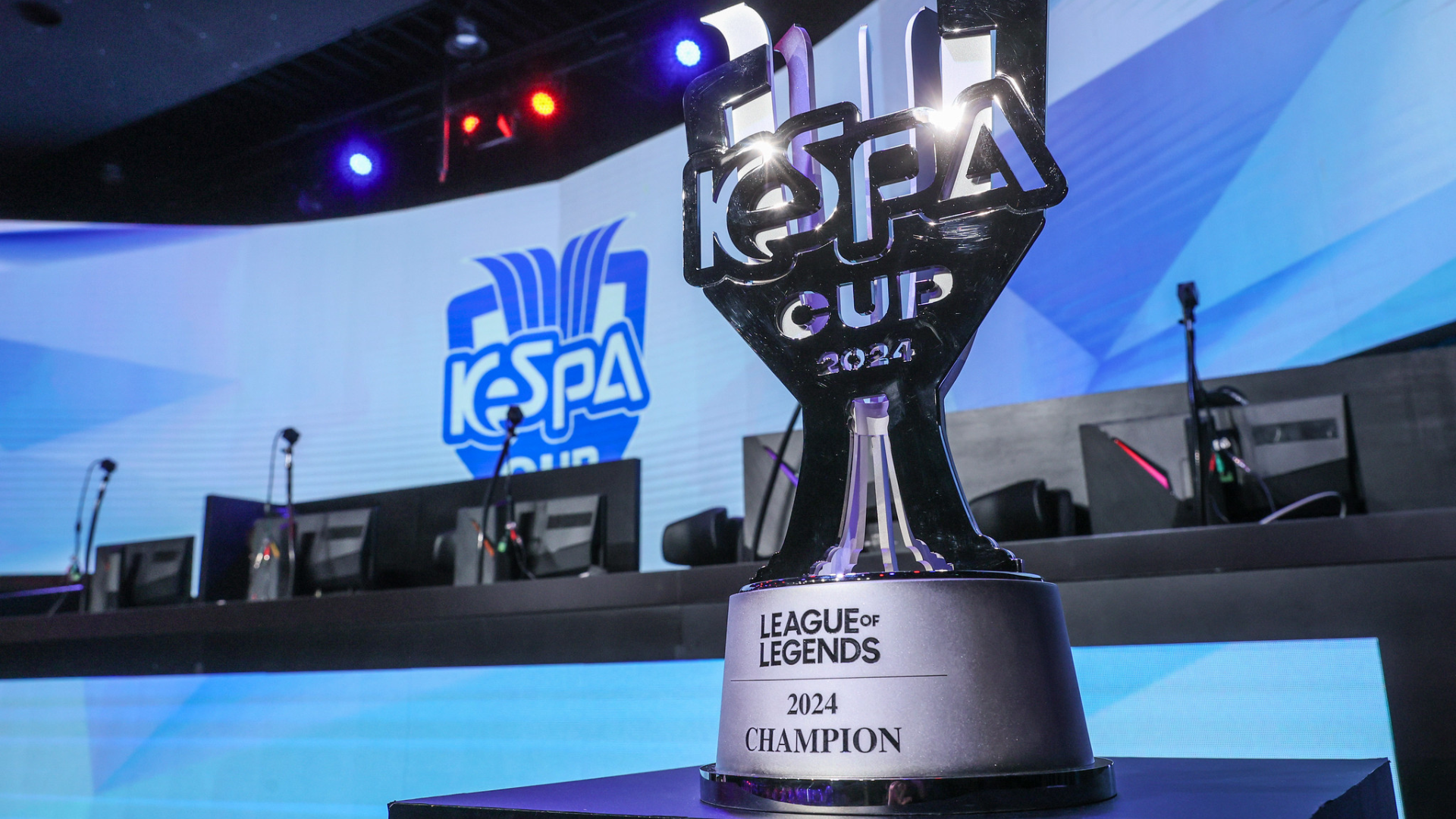
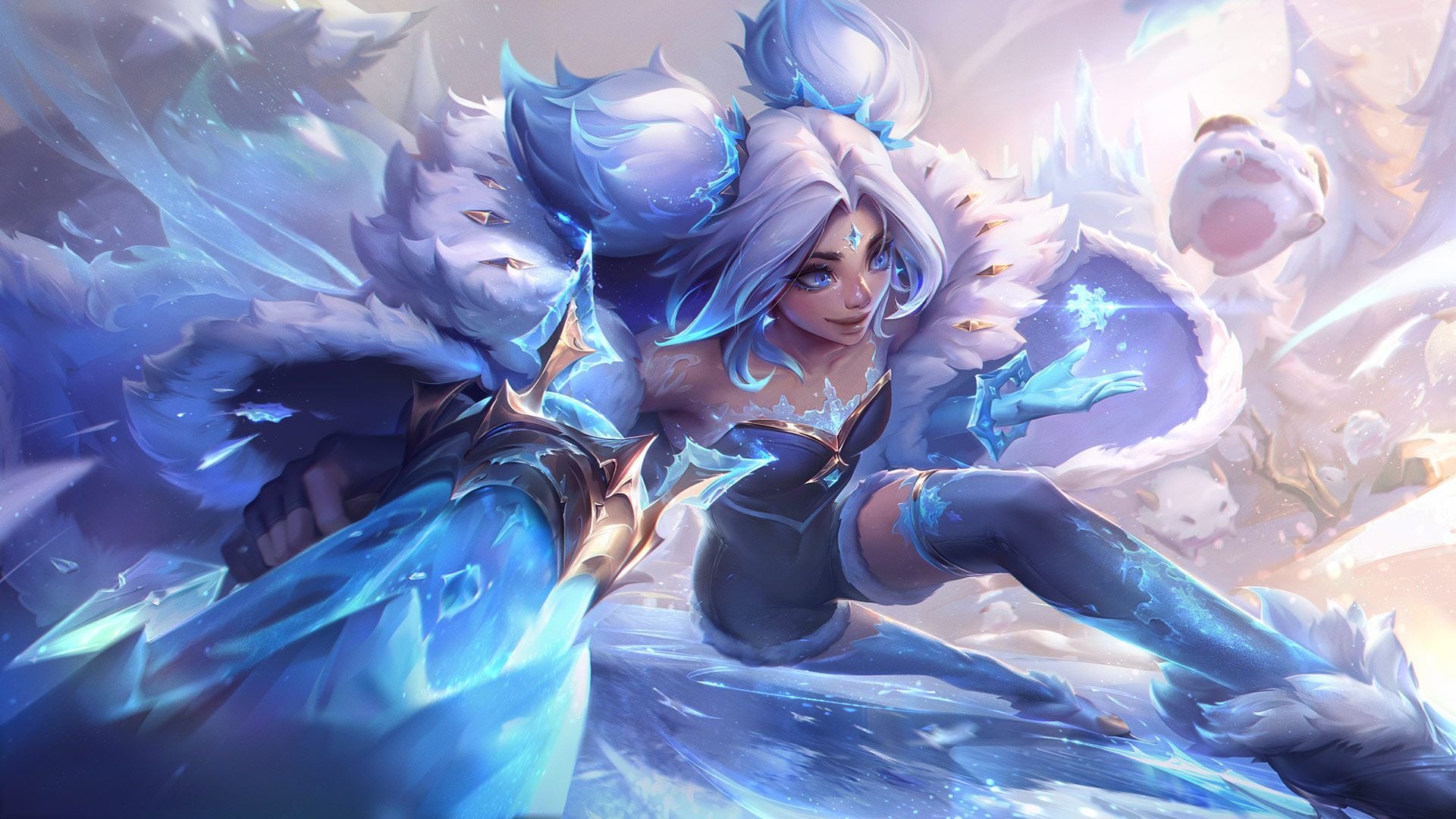

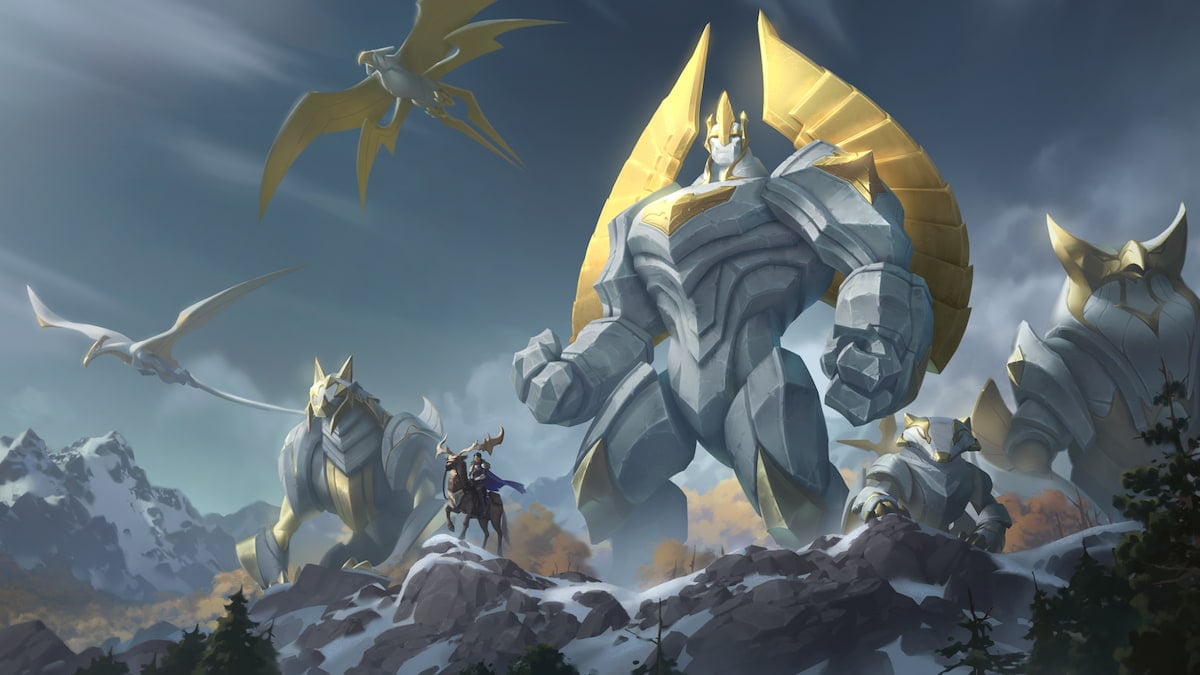
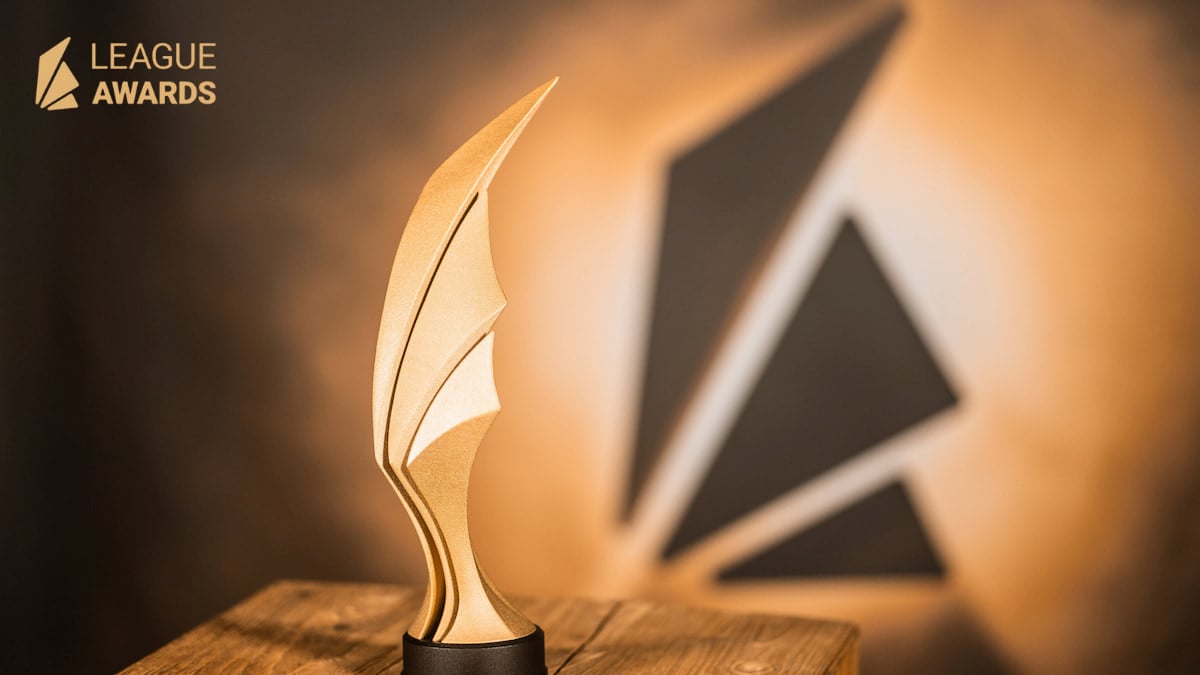


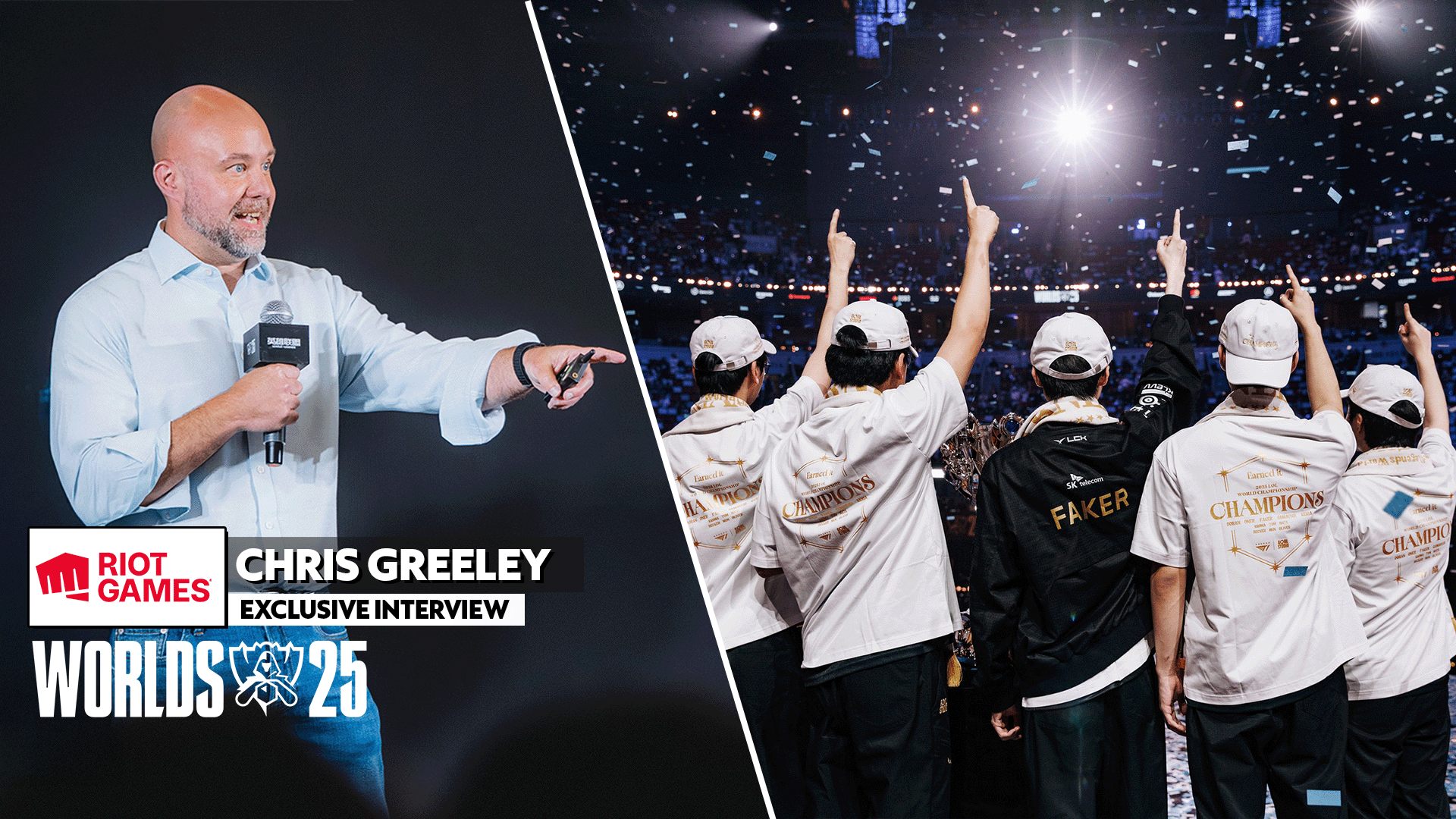

Published: Feb 1, 2016 01:29 pm